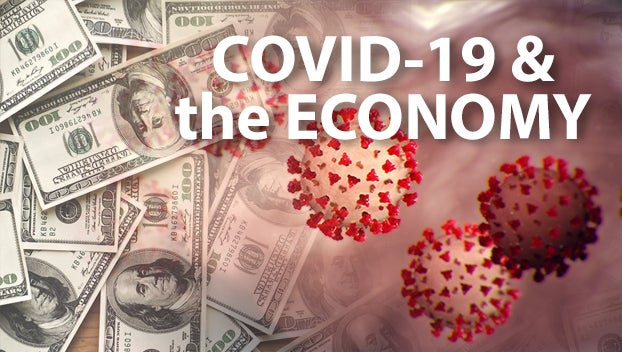For these Americans, the stimulus checks are not in the mail
Published 10:07 am Friday, April 10, 2020
For some Americans, a check will not be in the mail — or directed deposited in their accounts.
While most Americans will receive stimulus money from the federal government in the coming weeks, some will not get the help they need during the current COVID-19 outbreak, including most college students, immigrants without Social Security numbers and some disabled adults.
Here’s a look at those who will not get stimulus money:
College students and 17-year-olds
If someone claims you as a dependent on their taxes, you won’t get your own check. Parents will get an extra $500 payment per child, but that’s ONLY for kids under 17.
Most 17-year-olds, some young adults and most of the country’s college students are claimed by their parents as dependents. They will not get checks and their parents won’t get an extra $500.
Disabled people whose parents support them
People who get disability benefits from the Social Security Administration or Veterans Affairs are eligible for the payments — but not disabled adults who are claimed as dependents by their parents or other relatives on their taxes.
Seniors living with their children
Senior citizens who are on Social Security or make less than the income gap are eligible. Some seniors who live with their adult children or other relatives are claimed by them as dependents on their taxes. Those seniors won’t get checks.
Babies born in 2020
The $500 payment per child, like the individual payments, is based on 2019 taxes. So parents who welcomed babies into the world in the first months of this year won’t get money for them now. Instead, they’ll likely get $500 credits next year when they file their 2020 taxes.
Immigrants without Social Security numbers
You don’t have to be a U.S. citizen to get a payment. But you do need a valid Social Security number.
That means immigrants with green cards and those on H-1B and H-2A visas will get payments. Nonresident aliens, temporary workers and immigrants in the U.S. illegally won’t.





